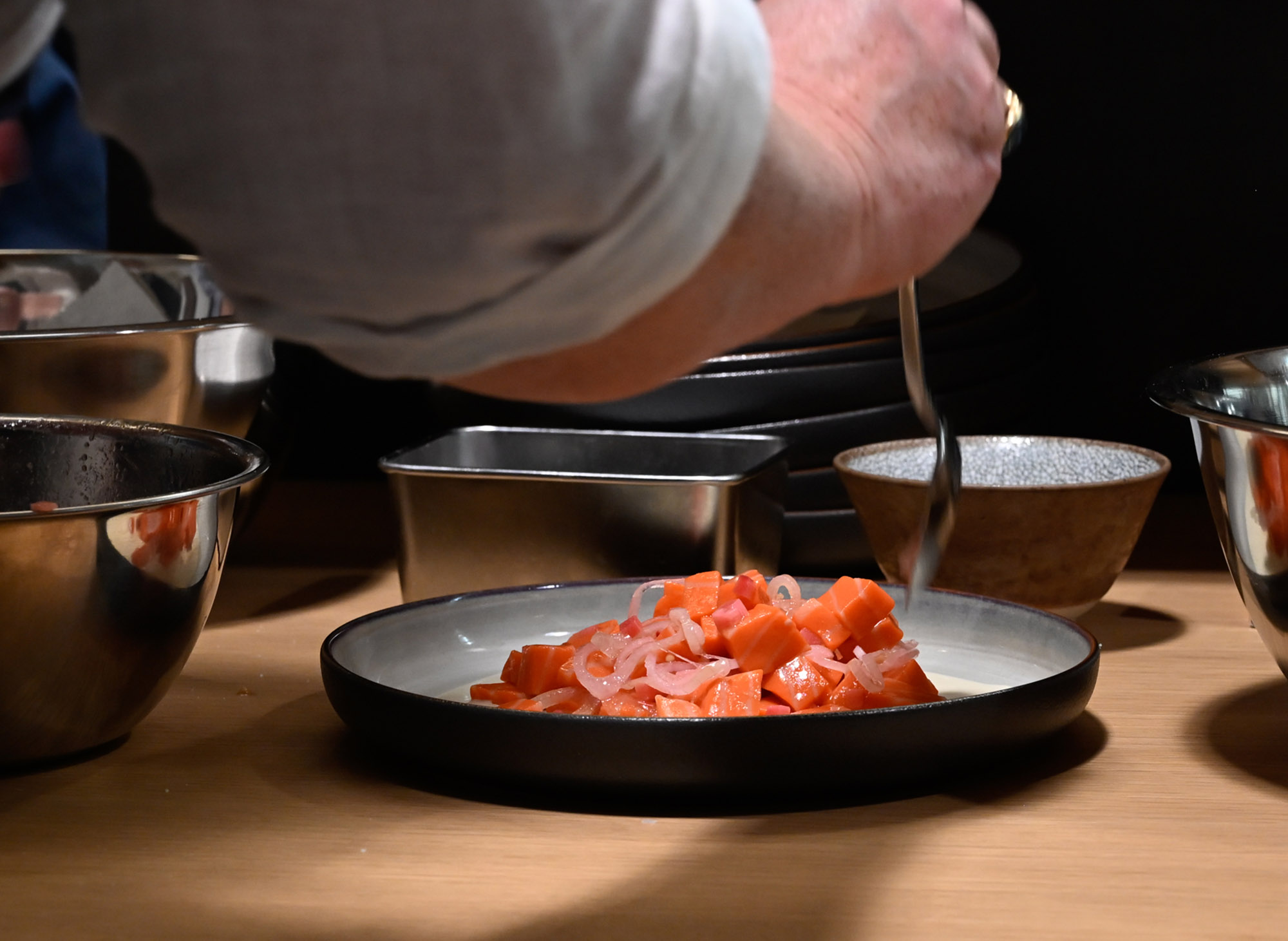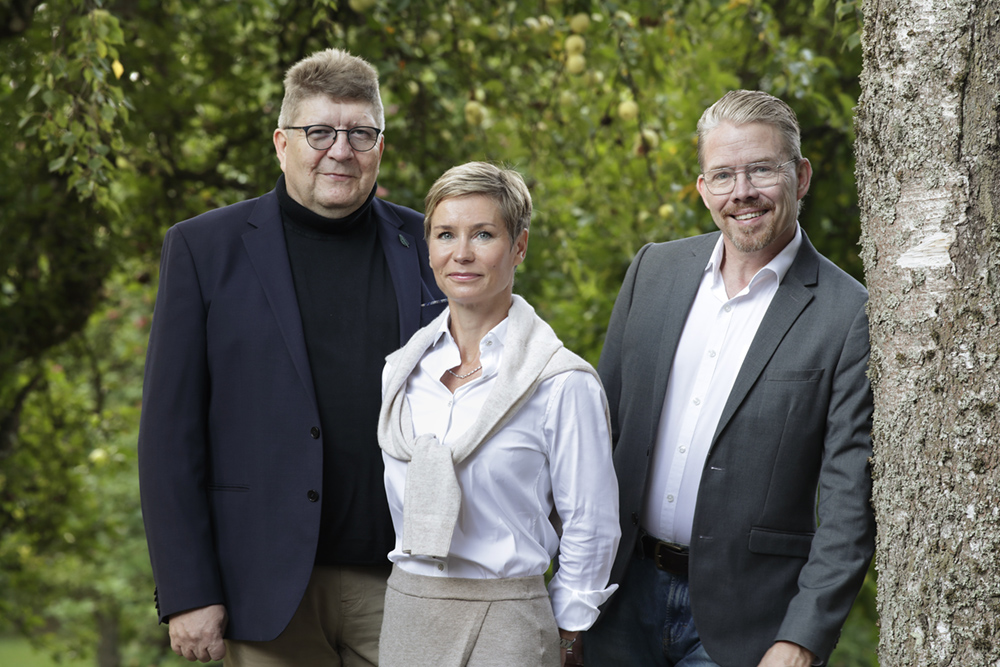

Wildtype and UPSIDE Foods join lawsuit challenging Texas ban on cultivated meat
Two of the leading companies in cultivated meat have teamed up with the Institute for Justice (IJ) to challenge Texas’ sweeping ban on the sale of their products. The public interest law firm filed a federal lawsuit on 2 September on behalf of Wildtype and UPSIDE Foods, arguing that the state’s new law, SB 261, violates the US Constitution.
Texas Governor Greg Abbott signed SB 261 into law on 20 June 2025. It took effect 1 September 2025, banning the sale of cultivated meat across the state. Violators face penalties of up to US$25,000 per day and potential jail time. The measure passed despite both Wildtype and UPSIDE securing approvals from the US Food and Drug Administration and the Department of Agriculture to sell their products nationwide.
IJ contends the Texas ban is not grounded in food safety but in economic protectionism for the state’s cattle industry. “Texas has always been a state with a ‘live-and-let-live’ mentality – especially when it comes to the kitchen,” said Paul Sherman, Senior Attorney at IJ. “No one is forcing Texans to eat anything they don’t want. But at the same time, the government shouldn’t prevent Texans from eating something they do want.”
The lawsuit, filed in the US District Court for the Western District of Texas, argues that SB 261 violates two constitutional provisions. The Commerce Clause prevents states from discriminating against out-of-state businesses, while the Supremacy Clause bars states from enacting laws that conflict with federal oversight.
“For the same reason California cannot ban Texas beef in California, Texas cannot ban salmon or chicken from California,” commented Uma Valeti, Founder & CEO of UPSIDE Foods. “Texans deserve the freedom to decide for themselves what to eat without politicians choosing for them.”
IJ is asking the court to issue a preliminary injunction blocking Texas from enforcing the law while the case proceeds. That would allow Wildtype and UPSIDE to continue offering their products to Texans who want them.
Cultivated meat is produced by growing animal cells in controlled environments, eliminating the need to raise and slaughter livestock. Wildtype has focused on sushi-grade salmon, while UPSIDE Foods has brought cultivated chicken to market. Both say their products match the taste, texture, and nutritional profile of conventional meat, with fewer risks related to antibiotics, parasites, or environmental contamination.
Supporters argue that the technology offers a more sustainable and humane way to meet global protein demand, while critics in traditional ranching and farming sectors see it as a threat to their livelihoods. Lawmakers in Texas have been explicit that SB 261 was intended to shield the state’s cattle industry from competition.
“We just want Texans to have a taste and make up their own minds,” added Justin Kolbeck, Co-founder & CEO of Wildtype. “This ban slams the door on choice, when all we’re asking is the freedom for Texans to decide for themselves,” added Wildtype co-founder Aryé Elfenbein.
The lawsuit forms part of IJ’s National Food Freedom Initiative, which challenges government restrictions on what people can produce, sell, and consume. Over more than three decades, the organization has represented clients free of charge in cases involving food trucks, small farmers, and artisanal producers.
IJ recently filed a similar lawsuit in Florida, where lawmakers also passed a ban on cultivated meat earlier this year. The firm’s attorneys say both cases reflect a growing trend of politically motivated restrictions on new food technologies.
Wildtype and UPSIDE Foods see Texas as a critical market. By moving quickly to challenge SB 261, they are aiming not only to protect their ability to sell there but also to set a precedent that could discourage other states from adopting similar restrictions.
A press conference announcing the lawsuit was held virtually on 3 September. IJ attorneys and company executives outlined their legal arguments and answered questions about the case.
For now, the dispute underscores the clash between a century-old cattle industry and emerging food technology companies. What happens next will be decided in federal court, but both Wildtype and UPSIDE are clear about the principle at stake. As Valeti put it, Texans should be able to decide what goes on their own plates.
(Main photo courtesy of Wildtype)
If you have any questions or would like to get in touch with us, please email info@futureofproteinproduction.com

.png)


.webp)



